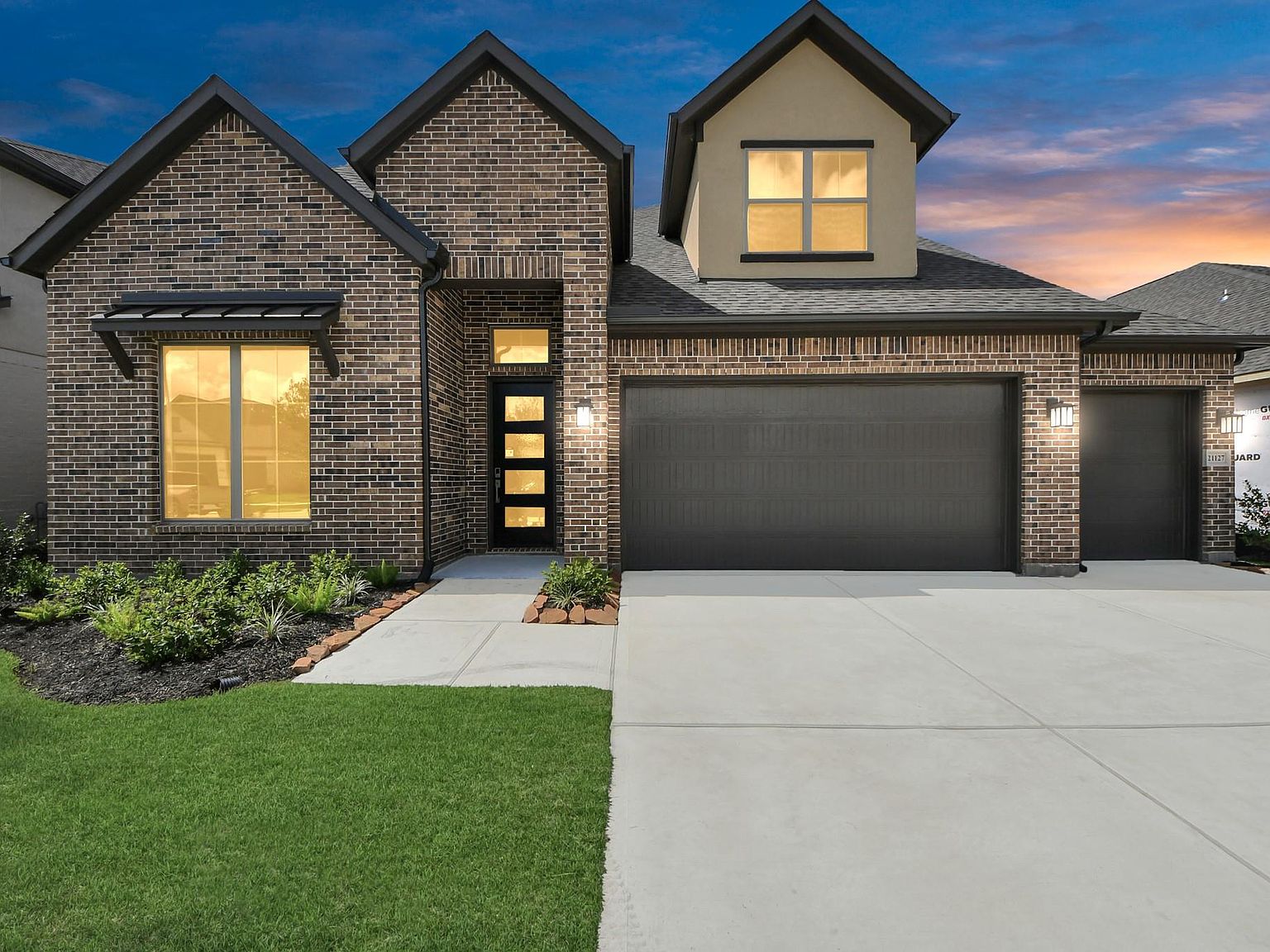Luxury Properties: Strap In for Investment Returns
Investing in luxury properties has frequently been seen as a domain reserved for the affluent, but its appeal is quickly growing to a wider range of buyers looking for significant gains. The charm of luxurious properties lies not only in their lavishness but also in their potential for value increase and income generation. As financial environments change and the economic landscape evolves, discerning investors are finding that luxury properties can offer a robust hedge against price increases and market instability.

From breathtaking beachfront villas to stylish urban lofts, the luxury real estate market presents distinct opportunities that can produce impressive financial returns. With a growing demand for high-end residences in prime areas, investment in these properties can represent much more than just owning a portion of luxury; it can become a strategic financial decision that pays off in the long run. In this article, we will examine the nuances of investing in luxury properties and the compelling justifications to consider this market for your investment collection.
Industry Trends in Luxury Real Estate
The high-end real estate market has been undergoing significant changes, driven by evolving consumer preferences and economic factors. Recently, there has been a marked shift towards properties that offer unique features and amenities, such as eco-friendly sustainable designs and smart home technology. Buyers are increasingly seeking homes that both provide comfort but also contribute to a lifestyle that values sustainability and innovation. This trend highlights a increasing demand for luxury properties that stand out in a competitive market.
Geographical preferences have also changed, with many high-net-worth individuals moving away from traditional luxury markets to developing areas. Cities that offer a combination of lifestyle benefits, such as cultural attractions and outdoor activities, are becoming more attractive. Coastal towns and suburban areas that provide privacy and space are now at the forefront of luxury real estate investments. This migration reflects a wish for lifestyles that prioritize personal well-being and comfort, further shaping market dynamics.
Furthermore, technology's influence on luxury real estate cannot be understated. Virtual tours and digital marketing strategies have become common practice, allowing buyers to view and evaluate properties from any location in the world. This ease of access is changing how transactions are conducted, enabling faster sales cycles and expanding the reach for sellers. As technology continues to advance, luxury real estate will likely evolve, creating additional opportunities for investment and redefining luxury itself.
Benefits of Investing in High-End Properties
Putting money in luxury real estate offers the potential for substantial financial returns. High-end properties often increase in value more quickly than their less expensive peers due to their location, quality of construction, and distinctive attributes. The interest for luxury homes tends to remain stable, even during recessions, which makes them a more secure investment option. Those who invest can gain from the growing value of these properties throughout the years, providing substantial capital gains when it comes to resale.
An additional benefit of investing in high-end real estate is the income potential through rental opportunities. Luxury rentals can fetch premium prices, allowing property owners to create substantial cash flow. In high-demand markets, high-end rentals commonly see elevated occupancy rates, ensuring consistent income. Additionally, well-maintained luxury properties attract high-quality tenants, lowering the risk of property damage and the need for regular turnover.
Putting money in luxury real estate also opens doors to a high-status lifestyle and networking opportunities. Having of luxury properties can grant access to exclusive events, communities, and individuals in wealthy circles. For those who invest, this can lead to valuable connections and alliances in various business ventures. The allure of luxury living can enhance an investor's personal brand and marketability, leading to to greater general investment success.
Dangers and Considerations for Investors
Putting money in high-end real estate can yield significant gains, but it comes with inherent risks that stakeholders should meticulously assess. One major factor is economic volatility. The luxury market can be more prone to economic downturns, leading to sharper declines in property values compared to mid-market properties. Stakeholders should conduct thorough market research and remain watchful about economic indicators that may affect their holdings.
Furthermore, managing premium properties often requires a higher level of expenditure in upkeep and property management. luxury real estate barcelona can increase quickly, and surprise repairs may arise, affecting overall profitability. Stakeholders should factor in these ongoing expenses and ensure they have a solid property management strategy in place to sustain the asset's appreciation and appeal.
Ultimately, the high-end real estate market can be very competitive, with many buyers contending for the same premium properties. It is important for clients to develop a distinct selling proposition for their properties, whether through exceptional amenities, location, or design. Building a strong understanding of buyer preferences can help in dealing with this competitive landscape efficiently, maximizing both the enjoyment and the financial benefits of luxury property investments.